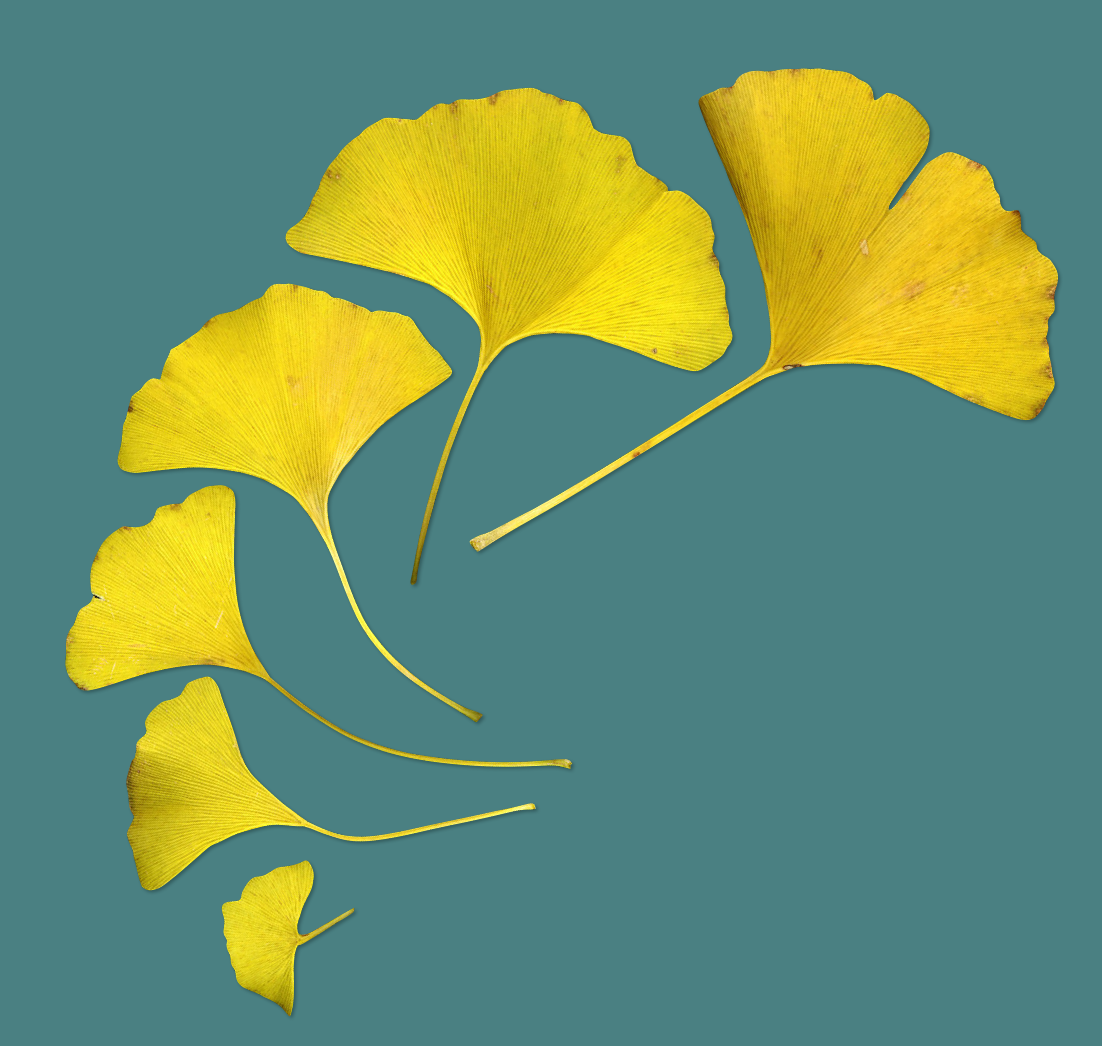Self Care for Women
Self Care for Women in their 40s and 50s
There are a whole lot of health issues that can start arising for women once they get into their 40s. As we get closer to menopause, our body goes through significant changes, but this is nothing of concern in itself- this is very natural. However, many women find that habits they could get away with when younger, which only caused minor inconvenience or discomfort- such as lack of sleep, or drinking alcohol regularly- now cause much discomfort. They may also underly issues we do not see connected, such as hot flushes.
This is both annoying and can also be seen as a positive thing. We tend to find ourselves having to look after ourselves better as we get older, and this can lead to long-term benefits.
The way we treated our bodies, and the mental health issues we may have endured in our 20s and 30s, will influence how we enter the next part of our life. If we are depleted, if we did not nourish ourselves properly through pregnancies and breastfeeding, if we focused on our weight rather than having healthy habits, if we have eating disorders, if we partied a lot, or had depression or anxiety that was not managed well, if we have trauma we have not worked with yet, we take these into the next part of our life.
However, as we get older, we gain maturity and wisdom and these make up for what we leave behind. We can build resilience and work with our health issues and many of us feel healthier and more vital than before.
What issues may we need to start facing in your 40s and 50s?
Work-Life Balance- where’s the off switch?
Many women in these decades find themselves juggling career, often full-time work, teenagers or young adults, and they have been doing this for so long they have forgotten how to relax, and how to stop and just be with themselves. Marriage issues can occur, and divorce rates are high. This is when we need to learn to put ourselves higher on our To Do list, and prioritise our own real needs.
Depression / Anxiety
It has been found that women (and men) in their early 50s are the least happy age group compared to younger and older generations. They don’t seem to have as much fun and may need to remember to take time for enjoyable experiences. They may have responsibilities for children and the elderly, and they may be going through bereavement or divorce, or financial difficulties.
The term “mid-life crisis” applies to women and men….where they may need to reevaluate their values and what is important to them. This can be painful but is a positive transition to a deeper connection with ourselves if we are willing.
Many women need medical or complementary medical support for depression and/or anxiety. Also, women's friend networks, and various types of therapy, can be an excellent support in these years as we develop in maturity and self-wisdom.
The herb St John’s Wort can be especially helpful during these years.
Empty Nest Syndrome
Our children. if we had them, grow up and move on, and this can throw us into an identity crisis, create conflicted feelings of grief and excitement, cause marriage conflict, and cause us to self-medicate with food, alcohol, drugs or shopping. It is a real transition women with children must navigate at some stage, and it can be challenging.
Health Issues
The main health issues from a public health perspective, for women in their 40s and 50s are:
Osteoarthritis (and rheumatoid arthritis).
Stress incontinence- a dribble- related to hormones.
Hypertension.
Cardiovascular disease.
Blood sugar dysregulation, Type 2 diabetes.
Hypothyroidism
Diabetes
Cancer
Early signs of Osteoporosis
It is good to start getting regular screening tests for these issues because it is much easier to start managing (and reversing) health issues when they are beginning than when they are well established.
Did you know that the no.1 cause of death for women aged 40-60 is cancer?
The number 2 is accidents for women in their 40s…but once we arrive in or 50s, the number 2 cause of death is heart disease.
Many of us still feel young and don’t even consider heart disease in these years. But the symptoms are different to men, and we have a bad habit of not getting ourselves checked out until its too late.
Adrenal Exhaustion
I find many women going through the climacteric period (when our hormones start changing, including menopause which refers to when periods cease) are exhausted.
They are so used to being switched “on”, they don’t know how to stop and can barely imagine what that would even look or feel like.
The problem is, the adrenals need to take over from the ovaries and if they are already exhausted, the hormones can get thrown out of whack and menopause then becomes a challenge rather than a positive transition.
One of the best things women can do in their 40s is to start really looking after their stress levels, and making the lifestyle changes necessary, because it will make a big difference to their experience of menopause, which can be a positive experience. I find many women- including myself- need to learn to slow down and relax. The habit to be busy is very strong, but our bodies will fight back and make us take notice.
Weight Increase
Many women find they put on some weight, and have a reaction of horror. However, I do not recommend trying to lose weight at this time through any extreme diets. It is a natural phenomenon for the body to put on some padding around menopause, as fat cells also produce some oestrogen. (Commonly, weight can decrease again a few years later).
Instead of focusing on weight loss, I recommend that we focus on eating well, exercising, managing stress, and taking excellent care of ourselves. Let the weight fall where it will as we concentrate on self-nourishment and self-care. It is a change in identity, if we want to remain the same size as in our 20s and 30s and our bodies disagree, but it is not a personal failing, and it can be very freeing as well.
I am not suggesting “to hell with it”, but instead to shift the focus from weight as the primary indicator of health to how we actually feel inside our bodies. Movement, eating well and managing stress are things we have some control over, and they will make a difference to how we FEEL than what we look like or a number on a scale.
Diet
I recommend avoiding diet extremes. The well-studied (though somewhat fictitious) ‘Mediterranean’ type diet can be a balanced approach to eating. A Japanese system is also beneficial. Whole Food Plant Based has been shown to reverse some of the chronic diseases mentioned and can be excellent. However, you don’t need a label. Just eat a wide variety of everyday natural foods like fruit and vegetables, legumes and whole grains, and smaller amounts of meat and dairy if chosen. Eat the rainbow (different coloured foods). Eat low glycemic index foods to keep blood sugar stable. If you can afford it, eat organic foods to limit the toxic load accumulating in the body.
Most people do not eat anywhere near enough fruits and vegetables, so there is an area most could focus on. Most people do not reach 2 fruit and 5 vegetables a day- but I would recommend more like 3-4 fruit and 10 vegetable serves a day for optimal health.
Soy
My research has shown me that small amounts of organic, non-GMO soy foods (tofu, tempeh, quality soymilk such as Bonsoy) can be beneficial for women. I don’t however recommend soy protein powders or soy supplements as these are highly processed.
Alcohol & Caffeine
Alcohol is not great for women at this time, yet it is a very common “coping tool.’ That evening glass or two of red wine can very much contribute to hot flashes and other hormonal issues. Looking after our liver in these years can help our transition go more smoothly.
Remain well hydrated, and do not rely on lots of caffeine to get you through the day. While you could get away with a lot in your 20s and 30s, it tends to backfire in your 40s and 50s.
Caffeine is a crutch that is so socially acceptable we forget it is a mood-altering substance. It tends to go along with being busy and needing to Get Stuff Done. Having a break from caffeine can help you get a sense of how exhausted your adrenals are, and how reliant on caffeine, rather than your natural vitality, you are- and do something about that. If you drink caffeinated drinks, I recommend having them with or after food, not first thing in the morning on an empty stomach. The first thing without food just ramps up stress hormones and can mess with blood sugar.
Lifestyle
We tend to think of exercise as necessary, but even more critical is regularly moving throughout our day. Walking around the house counts, walking to the letterbox, reaching into high cupboards, sitting on the floor and getting up again…these are just as important as getting “exercise”.
It is good to balance stretching, aerobic exercise, and some weight lifting/ resistance training. Yoga, Chi Kung, Walking and a Stretch Band can all be used at low cost through YouTube or local classes, along with beach walks or walking the dog.
Meditation is a great skill to practice to help manage stress levels and get in touch with ourselves. There are many apps and YouTubes and websites to teach this and it is a very useful skill and daily habit for mental health as well.
Other important lifestyle factors are:
To stop smoking
Pelvic floor exercises
Sleep hygeine means making sure your lifestyle is conducive to good sleep patterns, as these often get easily disrupted through hormonal changes in these years.
Bioidentical Hormones
For many women, these provide a life raft, especially while they improve self-care and health in other areas. The risks are low compared to normal HRT, and the benefits can be significant. If your symptoms are intense and life-disruptive, these can be helpful.
For many women, a good herbal tonic, along with lifestyle and diet changes, is sufficient to get them through.
Nutritional Considerations
Zinc for hormonal health and because most of us are deficient
Vit D and K2 for bone health in winter (if you can’t get regular sunshine)
CoQ10, Omega Fatty Acids for cardiovascular health
B Vitamins and magnesium for adrenal and cardiovascular health
There is much more to this but these are some considerations.
Herbal Allies to consider
Black cohosh, sage, hawthorn berry, St Johns Wort, gymnema, green tea, ginkgo, rehmannia, rhodiola, licorice, lemon balm, ashwagandha, shatavari, various ginsengs and medicinal mushrooms.
An individualised herbal tonic can be very helpful, and tweaked as you go through different stages and symptoms.
Overall, in these decades, women are on top of the world. Our self-esteem and confidence generally improve, and we care less about what others think. We learn not to be defined by an empty nest or caring for ageing parents and find more of a sense of our authentic selves. It can also be a time of reckoning with health issues as we come up to and beyond menopause, but the compensation is learning to self-care compassionately. As we mature, there can be real challenges but also many blessings.







